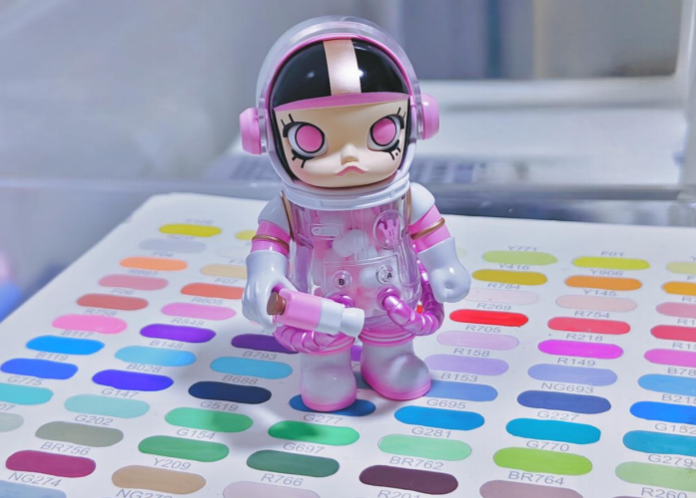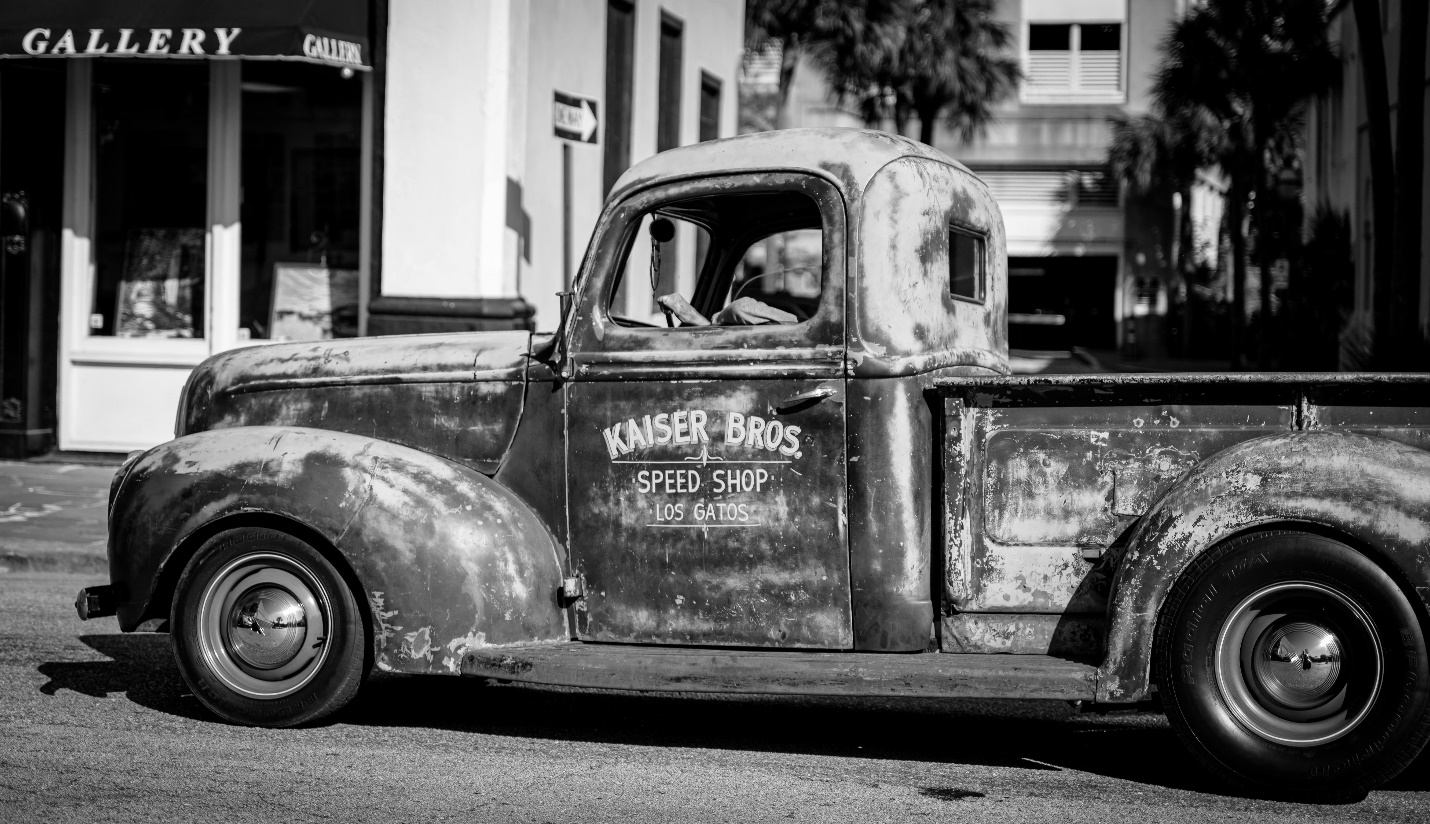Happiness for sale: what people are buying when they go to Pop Mart?
Perhaps you've heard of it before, Pop Mart is a designer toy brand from China that started by selling blind box of figurines. Blind box was a niche concept and it now has grown into a global wave that has swept through the shopping centres of Bangkok, the art fairs of Paris and the collectors' shelves of New York City. Like a pop star with international reach, Pop Mart has struck a strong emotional chord with a new generation of fans.
Behind the colourful characters and childlike packaging is a serious business story. The company saw its stock price rise nearly 20-fold from a low of 9.543 to a high of 199 from 2022 to 2025. In the first quarter of 2025, the company announced that total revenues were up 165-170% compared to the same period last year, and, interestingly, this year, overseas markets became the main stage: sales in the Americas, for example, soared nearly 900%. As the numbers climb, Pop Mart is no longer just a toy company; it's a cultural stock with a lot of momentum.

So what has fuelled its meteoric rise?
Pop Mart's core magic is emotion. In an age where everyday life is a fast-moving treadmill and people, especially Gen Zers, are looking for small pleasures, Pop Mart's characters are not only cute, they are little mirrors of emotion. Molly is curious and calm, and Labubu is mischievous and optimistic. Each speaks a silent language that resonates with a different part of us, the part that wants to be seen, understood and even embraced. The exciting unboxing videos on social media are the fuel that ignites people's passion for shopping.

But Pop Mart doesn't just tug at the heartstrings, it also plays with curiosity. The blind-box model turns shopping into a game, a mini scavenger hunt. You never know which character you'll buy, and that surprise becomes part of the excitement. Sometimes you get a 'hidden' version with a 1 in 144 chance of getting it; sometimes you trade with a friend. It's the adult version of opening a Christmas present, a vinyl-wrapped dopamine hit. This combination of emotional connection and gaming suspense allows people to open set-like shopping sprees.

As the brand grows globally, it listens to local cultures. In Thailand, Pop Mart dresses Labubu in traditional Thai clothing. In Mexico, it introduced dolls with local Day of the Dead elements. Pop Mart is a chameleon that blends in with all cultures while maintaining its original charm, like a world superstar on tour greeting people in the local language.
Perhaps most interesting is how Pop Mart has turned dolls into financial products. Limited and certified editions began to behave like collectibles with investment potential, and in areas where demand exceeded supply, people were even buying them at multiples of the price. This is closely related to Pop Mart's own strategy of controlling supply, such as limited hidden editions and regular editions that are available while supplies last. At the same time, authentication certificates and anti-counterfeiting numbers are provided to avoid fakes and maintain brand value.
Now, we see that the company's true superpower is not plastic or paint. As investors and observers, we can be inspired to focus, for the value of a commodity, on the deeper currency it trades in: emotion. Because, while trends may fade, the desire for something, the wonder, the excitement and the sense of belonging never goes out of style.
(Writer:Juliy)





